
悲惨世界(五卷之第五卷)(英语文库)
¥16.99
本书作为我社“*经典英语文库”第14辑中的一种,精选法国著名作家维克多·雨果的经典作品《悲惨世界 (五卷之第五卷)》(前四卷已出)。作品讲述了主人公土伦苦刑犯冉·阿让(Jean Valjean)的个人经历,并融了法国的历史、革命、战争、道德哲学、法律、正义、宗教信仰。《悲惨世界》以冉·阿让出狱后的种种经历贯穿全书,深刻反映了时代的问题。雨果在作品中融了从拿破仑在滑铁卢的失败到反对“七月王朝”的人民起义这一阶段的历史,反映了当时的社会生活和政治状况。作品不仅描述了获释犯人冉·阿让和流浪妇女芳汀的不幸生活以及芳汀的私生女柯赛特的悲惨遭遇,而且揭示了当时社会中勤劳善良的劳动人民却受歧视和压迫的不公平命运。雨果还在作品中揭露了当时残酷不公的法典和秩序,猛烈抨了那种人们饿死可以而偷面包却要坐牢的社会制度,谴责了那些安于现状和铁石心肠的市民在面对处于困境中的他人时的那种袖手旁观的冷漠态度。

最经典英语文库(第十四辑)共12册
¥211.88
告别碎片式阅读,从阅读经典开始。“最经典英语文库”系列丛书(14辑)共12册:《梦的解析》《悲惨世界(五卷之第五卷)》《尼尔斯骑鹅旅行记》《欧也妮·葛朗台》《白痴》《父与子》《一千零一夜(第二卷)》《神秘岛》《旧制度与法国大革命》《远航》《自由之路》《无名的裘德》。

Deadfall
¥56.08
In the compelling sequel to Blackbird, Anna Carey delivers a gritty and adrenaline-filled story of a girl desperate to escape her mysterious and terrifying assailants. Told in second person, this heart-pounding thriller puts the reader in front of the target, and is perfect for fans of The Maze Runner and Legend.A week ago, you woke up in Los Angeles with no memory of who you are. The only thing you knew: people are trying to kill you. You put your trust in Ben, but he betrayed you and broke your heart. Now you’ve escaped to New York City with a boy named Rafe, who says he remembers you from before. But the two of you are not safe. The same people who are after you are tailing Rafe as well. As the chase heats up, your memory starts to return, but your past cannot save you from the terrifying circumstances of your present, or the fact that one wrong move could end this game forever.
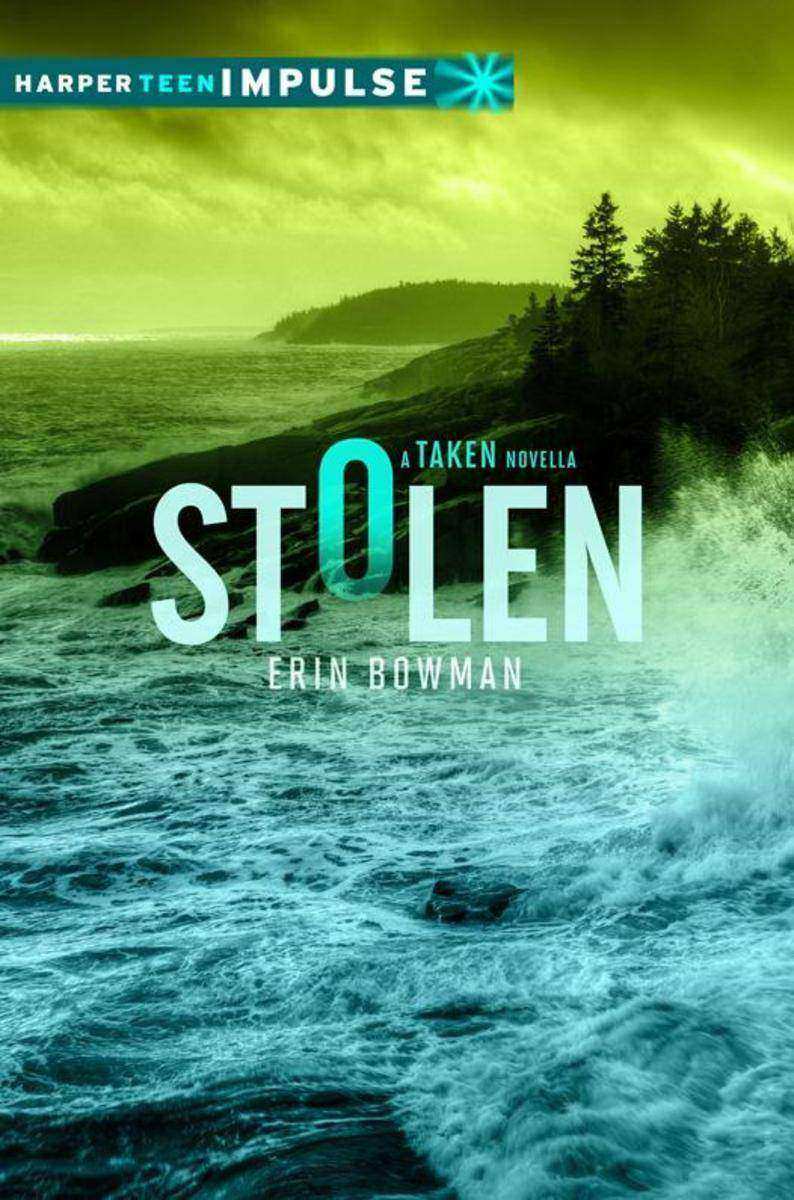
Stolen
¥10.83
In this thrilling 100-page digital prequel novella, enter the world of Taken, a heart-pounding dystopian sci-fi series from Erin Bowman.Before Gray Weathersby uncovered the truth about Claysoot and the Laicos Project, a girl named Bree came of age in the coastal settlement of Saltwater—and made her own surprising journey to the world beyond its borders. In Stolen, discover the story of Bree's life before she was Snatched from her home, before she joined the rebellion, and before she met a boy named Gray. . . .Epic Reads Impulse is a digital imprint with new releases each month.
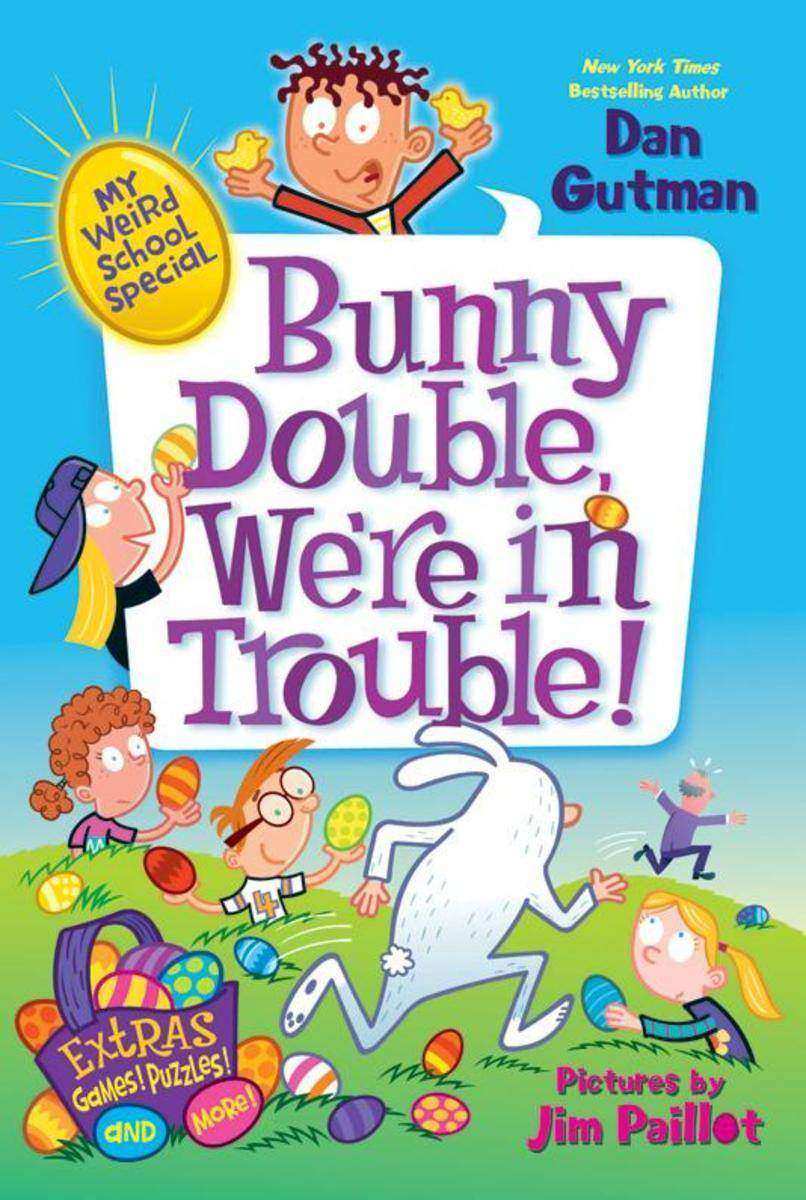
My Weird School Special: Bunny Double, We're in Trouble!
¥33.53
A.J. and the gang from My Weird School star in this series of after-school, holiday-themed chapter books featuring all-new hilarious stories and thirty-two pages of games, puzzles, and more. Hip hop hooray! It's Easter! And this year, Mayor Hubble is hosting an Easter egg roll and a special egg hunt at the mayor's mansion. But when Mayor Hubble reveals that the prize golden egg has a thousand dollars inside it, the egg hunt becomes a wacky free-for-all with a photo finish! Bestselling author Dan Gutman brings his kid-friendly sense of humor to this all-new series of holiday adventures. With My Weird School checklists and trivia plus tons of Easter-themed facts and puzzles, this is one weird Easter special you don't want to miss!

Parrot in the Oven
¥50.47
Perico, or parrot, was what Dad called me sometimes. It was from a Mexican saying about a parrot that complains how hot it is in the shade, while all along he's sitting inside an oven and doesn't know it....For Manuel Hernandez, the year leading up to his test of courage, his initiation into a gang, is a time filled with the pain and tension, awkwardness and excitement of growing up in a crazy world. His dad spends most of his time and money at the local pool hall; his brother flips through jobs like a thumb through a deck of cards; and his mom never stops cleaning the house, as though one day the rooms will be so spotless they'll disappear into a sparkle, and she'll be free.Manny's dad is always saying that people are like money--there are million- and thousand- and hundred-dollar people out there, and to him, Manny is just a penny. But Manny wants to be more than a penny, smarter than the parrot in the oven. He wants to find out what it means to be a vato firme, a guy to respect.In this beautifully written novel, Victor Martinez gives readers a vivid portrait of one Mexican-American boy's life. Manny's story is like a full-color home movie--sometimes funny, sometimes sad, but always intensely original.For Manuel Hernandez, the year leading up to his test of courage, his initiation into a gang, is a time filled with the pain and tension, awkwardness and excitement of growing up in a mixed-up, crazy world. Manny’s dad is always calling him el perico, or parrot. It’s from a Mexican saying about a parrot that complains how hot it is in the shade while all along he’s sitting inside the oven and doesn’t know it. But Manny wants to be smarter than the parrot in the oven—he wants to find out what it means to be a vato firme, a guy to respect. From an exciting new voice in Chicano literature, this is a beautifully written, vivid portrait of one Mexican-American boy’s life.1998 Pura Belpre Author Award1996 Americas Award for Children’s and Young Adult Literature1997 Books for the Teen Age (NY Public Library)1996 National Book Award for Young People’s Literature

Survivors: Alpha's Tale
¥65.33
A sixty-page novella set in the world of the bestselling Survivors series by Erin Hunter! Since the first action-packed Survivors novel, readers have been clamoring for more of the dogs and the world they love. In this original prequel, readers will get a behind-the-scenes look at the story of Alpha, the fierce half-wolf who leads the Wild Pack.Long before the Big Growl struck, Alpha was born the only half-dog in a pack of wolves. The other wolves made him suffer for it—until he swore he would never be the runt of a Pack again. . . . Survivors: Alpha's Tale also includes a teaser chapter to Survivors #5: The Endless Lake.
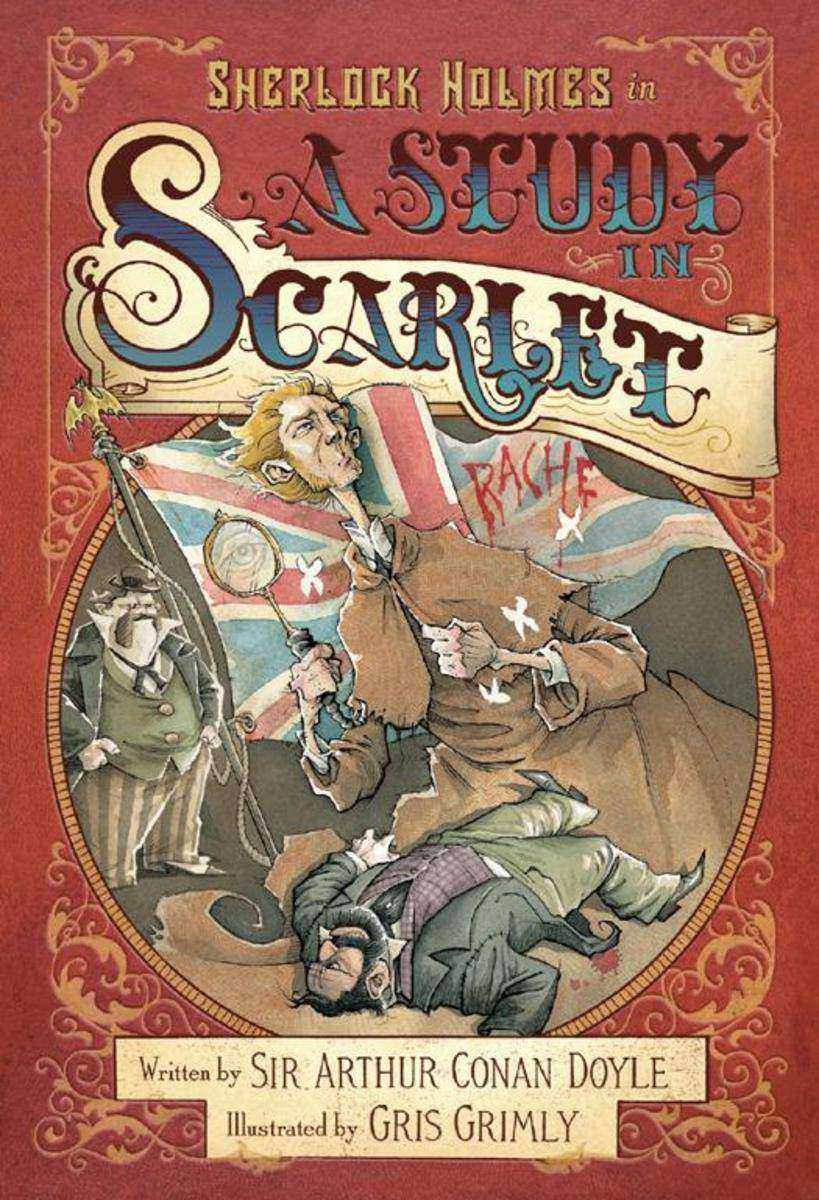
A Study in Scarlet
¥101.00
Sir Arthur Conan Doyle's first novel—and the origin story of Sherlock Holmes and John Watson—is reimagined in the first unabridged, fully illustrated version since its debut, by acclaimed and bestselling illustrator Gris Grimly.The year is 1881. The city, London. A man lies dead in an empty house, not a mark upon him, and no clues—save for the word "RACHE" scrawled in blood on the wall above. Elsewhere, two men—a former army doctor called John Watson and a brilliant eccentric called Sherlock Holmes—meet for the first time. These two events set in motion an adventure into the darkest corners of men's hearts as the cold, calculating investigative methods of Mr. Holmes are put to the test in a case that spans decades and continents, rife with danger and intrigue.Originally published in 1887, A Study in Scarlet was the first novel to feature a character whose name would become synonymous with the art of deduction. Today it is completely reimagined with artwork by the modern master of gothic romanticism, Gris Grimly, bringing this thrilling tale of love and revenge to a new generation of readers.

Vanished
¥101.00
Gone Girl meets Pretty Little Liars in the first book of this fast-paced psychological thriller series full of delicious twists and turns.Friendship. Obsession. Deception. Love.Kalah knows better than to fall for Beth Taylor . . . but that doesn't stop her from falling hard and falling fast, heart first into a sea of complications.Then Beth vanishes. She skips town on her eighteenth birthday, leaving behind a flurry of rumors and a string of broken hearts. Not even Beth's best friend, Britney, knows where she went. Beth didn't even tell Kalah good-bye.One of the rumors links Beth to Britney's boyfriend, and Kalah doesn't want to believe the betrayal. But Brit clearly believes it—and before Kalah can sort out the truth, Britney is dead. When Beth finally reaches out to Kalah in the wake of Brit's suicide, Kalah wants to trust what Beth tells her. But she's swiftly realizing that nothing here is as it seems. Kalah's caught in the middle of a deadly psychological game, and only she can untangle the deceptions and lies to reveal the unthinkable truth.

Life by Committee
¥56.08
Secret: I kissed someone else's boyfriend. Assignment: Do it again.Like most who find Life by Committee, Tabitha is a little lost. Her best friend has ditched her, her Vermont town is feeling way too small, and she's falling head over heels for a guy named Joe—who already has a girlfriend. Just when Tab is afraid she'll burst from keeping the secret of Joe inside, she discovers Life by Committee. The rules of LBC are simple: tell a secret, receive an assignment. Complete the assignment to keep your secret safe. Tab likes it that the assignments push her to her limits, empowering her to live boldly and go further than she'd ever go on her own. But in the name of truth and bravery, how far is too far to go?Perfect for fans of E. Lockhart and Jennifer E. Smith, Life by Committee is a fresh, vibrant novel about the power of wanting, the messiness of friendship, and the truths we hide and share.
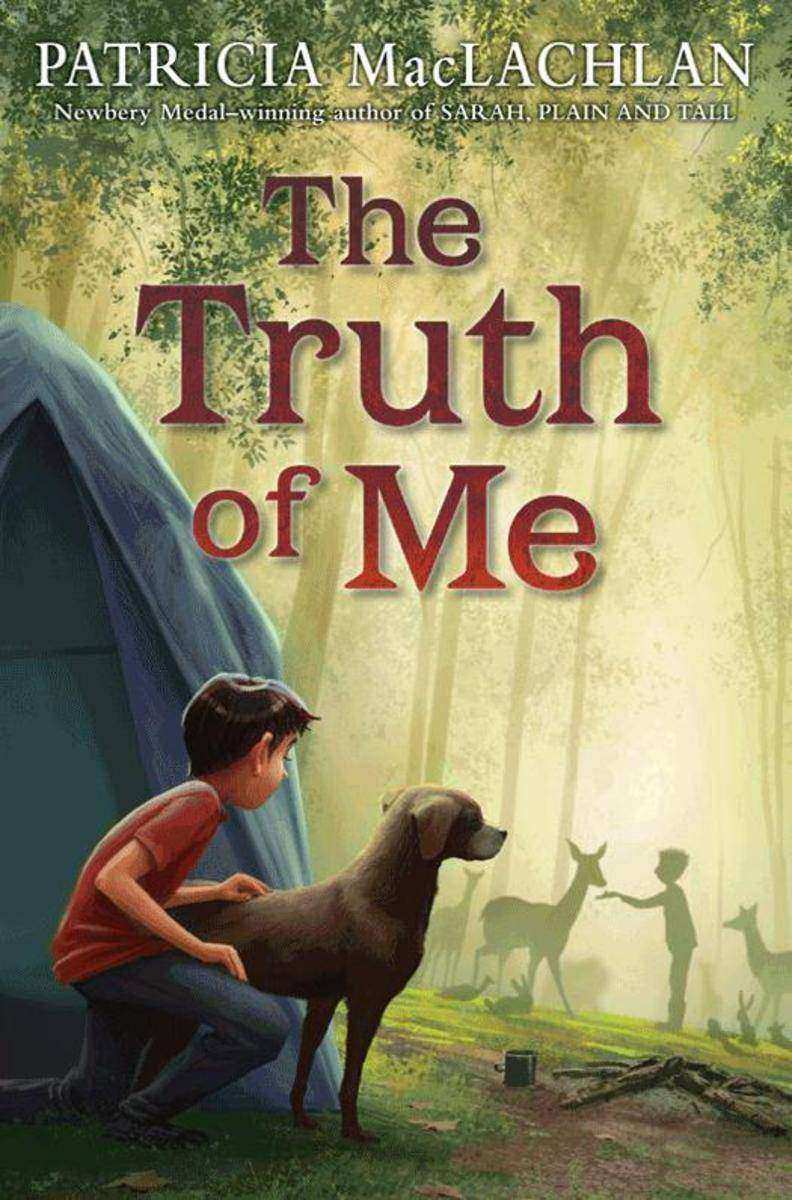
The Truth of Me
¥38.72
When Robbie spends the summer at his grandmother Maddy's house, he revels in his grandmother's easy, relaxed ways. Robbie has always felt as if something is missing in his life—his parents don't always act like they love him. Maddy helps him understand that an experience his mother had long ago is at the heart of the problem in his family. With this knowledge, Robbie finds the courage to try to make things right.This poignant story from beloved author Patricia MacLachlan celebrates how our unique "small truths" make each of us magical and brave in our own ways.Publishers Weekly Best Children's BookALA Booklist Notable Children's Books NomineeNew York Public Library's 100 Titles for Reading and Sharing

Survivors: Sweet's Journey
¥10.83
A sixty-page novella set in the world of the bestselling, action-packed Survivors series by Erin Hunter! This original prequel brings readers a behind-the-scenes look at the story of Sweet, and how she came to be the fearless Beta of the Wild Pack.When the Big Growl struck and changed Lucky's world forever, he escaped the ruins of the longpaw city with Sweet by his side. Then they were separated, and Lucky never thought he'd see her again—until he met the Wild Pack that ruled the forest. . . .Survivors: Sweet's Journey also includes a teaser chapter to Survivors #6: Storm of Dogs.

A Sliver of Stardust
¥95.39
From Marissa Burt, author of Storybound, comes a richly imagined middle grade fantasy full of magic, intrigue, and imaginative twists. A Sliver of Stardust is the perfect next adventure for fans of A Wrinkle in Time and The Emerald Atlas.Wren Matthews thought she'd outgrown nursery rhymes a long time ago. But that was before she knew that songs of twinkling little stars and four-and-twenty blackbirds were the key to an ancient, hidden magic.Wren's discovery catapults her into a world of buried secrets, strange dreams, and a mountain fortress under an aurora-filled sky. But just as she starts to master her unique abilities, her new world begins to crumble around her . . . and only she can save it.

Falling into Place
¥55.93
One cold fall day, high school junior Liz Emerson steers her car into a tree. This haunting and heartbreaking story is told by a surprising and unexpected narrator and unfolds in nonlinear flashbacks even as Liz's friends, foes, and family gather at the hospital and Liz clings to life. This riveting debut will appeal to fans of Before I Fall, by Lauren Oliver, and 13 Reasons Why, by Jay Asher."On the day Liz Emerson tries to die, they had reviewed Newton's laws of motion in physics class. Then, after school, she put them into practice by running her Mercedes off the road." Why did Liz Emerson decide that the world would be better off without herWhy did she give upThe nonlinear novel pieces together the short and devastating life of Meridian High's most popular junior girl. Mass, acceleration, momentum, force—Liz didn't understand it in physics, and even as her Mercedes hurtles toward the tree, she doesn't understand it now. How do we impact one anotherHow do our actions reverberateWhat does it mean to be a friendTo love someoneTo be a daughterOr a motherIs life truly more than cause and effectAmy Zhang's haunting and universal story will appeal to fans of Lauren Oliver, Gayle Forman, and Jay Asher.
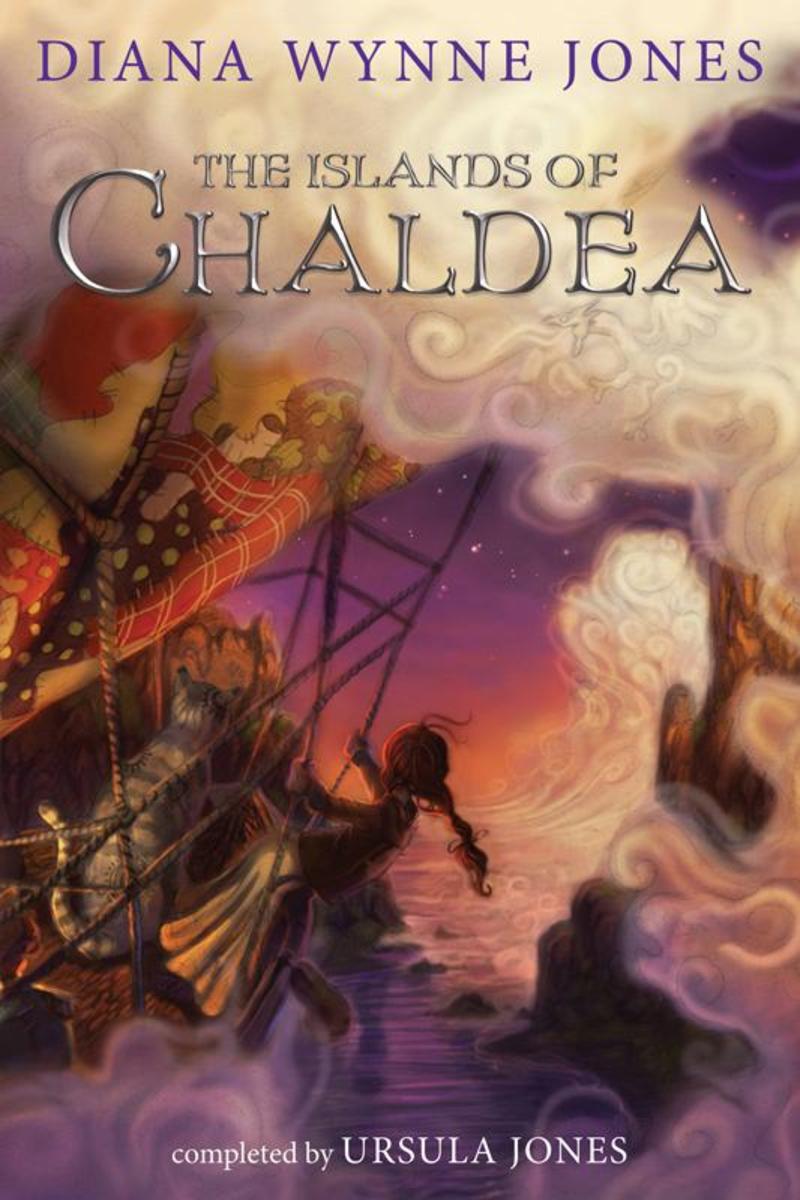
The Islands of Chaldea
¥61.52
A stand-alone novel of magic and adventure by the renowned fantasy author Diana Wynne Jones, who also wrote Howl's Moving Castle and the Chrestomanci books. Almost finished upon her death in 2011, the manu* was completed by Diana's sister Ursula Jones, an acclaimed novelist and actress. Publishers Weekly called The Islands of Chaldea "a story to cherish" in their starred review.Aileen comes from a long line of magic makers, and her aunt Beck is the most powerful magician on Skarr. But Aileen's magic has yet to reveal itself, even though she is old enough and it should have by now. When Aileen is sent over the sea on a mission for the King, she worries that she'll be useless and in the way. A powerful talking cat changes all of that—and with every obstacle Aileen faces, she becomes stronger and more confident, until her magic blooms. This stand-alone novel, by the beloved and acclaimed author of such classic fantasy novels as Howl's Moving Castle and the Chrestomanci books, will be welcomed by fans old and new. "Jones's imaginative vigor is unabated in this last, picaresque novel; her deft, fluid style and penchant for precise, characterful de*ion are amply present," proclaimed The Horn Book.
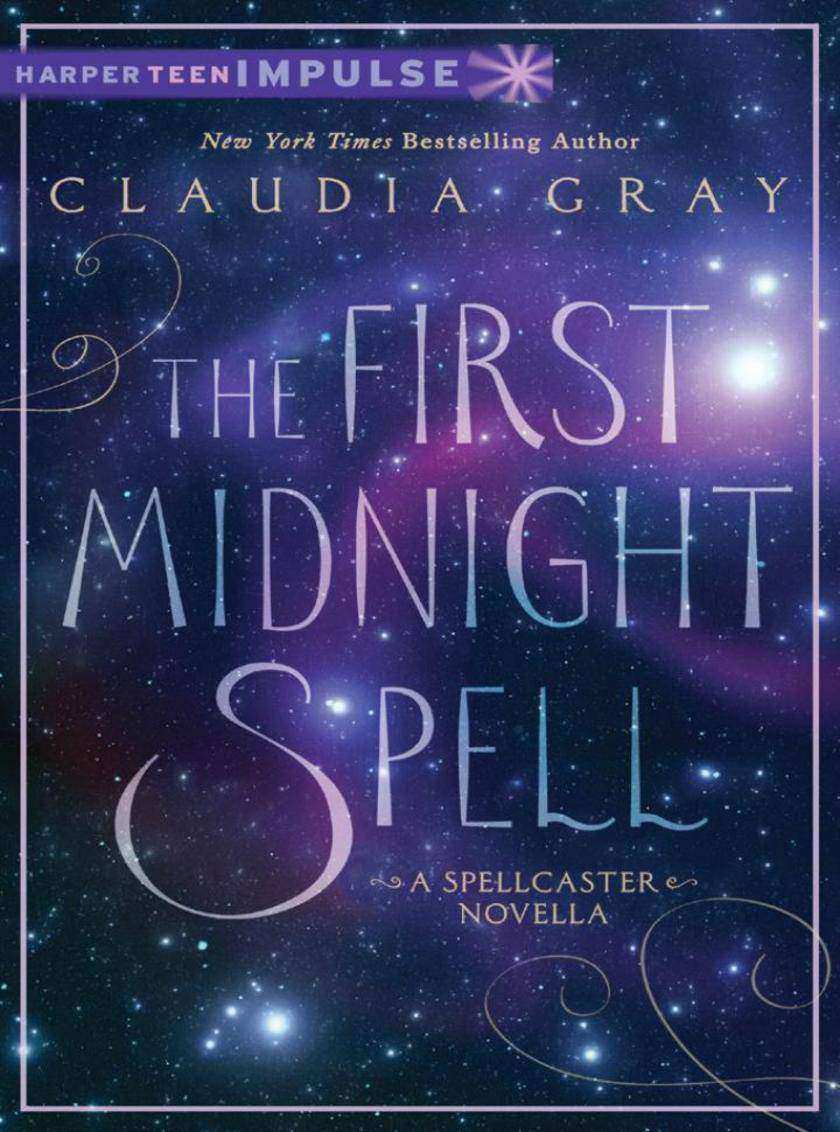
The First Midnight Spell
¥54.42
In this suspenseful companion novella to New York Times bestselling author Claudia Gray's Spellcaster, learn the tragic origins of the dark witch Elizabeth.It's 1695, and Elizabeth Cooper is a young witch in Fortune's Sound, Rhode Island. She spends her days perfecting spells with the local coven and dreaming about one day marrying Nat Porter. But Nat is the son of Widow Porter, another witch and the leader of their coven. According to the First Laws of the Craft, Elizabeth is strictly forbidden to marry him.Elizabeth never imagined dabbling in the dark arts, bringing herself close to serving the One Beneath. But as she feels Nat slipping away from her, she will do anything to secure his love. How much harm could she do with one single spell, even if it is black magic?Epic Reads Impulse is a digital imprint with new releases each month.

Joey and Johnny, the Ninjas: Get Mooned
¥72.93
Joey and Johnny, the Ninjas: Get Mooned is the first book in a clever, insanely funny, and highly entertaining illustrated series about two best friends and ninjas-in-training, perfect for fans of the Origami Yoda series.Joey and Johnny are best friends, but they could not be more different. Joey follows all the rules. Johnny doesn't know what rules are. Joey is strategic. Johnny leaves everything up to chance. Joey is serious. Johnny is . . . well, he carries a clown hammer and wears a dooly-bopper on his head. But there is something these two boys have in common: They are ninjas. And they're both students at Kick Foot Academy, the premier ninja school in Lemming Falls.But Kick Foot Academy's reputation is about to be put to the test. Their rivals at Red Moon Clan have mysteriously come into possession of state-of-the-art weapons—something that is totally not ninja. And now they have challenged Kick Foot Academy to a Test of Three, culminating in an epic Battle Royal. The outcome will determine which ninja school reigns supreme . . . and which shuts down forever.

Blackbird
¥56.08
From the author of the Eve trilogy comes the breathless story of a girl racing to figure out who she is—and how to stay alive. When a nameless girl wakes up on the subway tracks, she knows only one thing for sure: people want her dead. Can she find them before they track her downThis pulse-pounding contemporary thriller is perfect for fans of The Maze Runner, The Darkest Minds, and Legend.Things I Know Are True: I am in Los Angeles I woke up on the train tracks at the Vermont/Sunset station I am a teenage girl I have long black hair I have a bird tattoo on the inside of my right wrist with the letters and numbers FNV02198 People are trying to kill me

The Blue-Haired Boy
¥10.83
Set before the events of Courtney C. Stevens's debut novel, Faking Normal, this digital short story focuses on Bodee Lennox, otherwise known as the Kool-Aid Kid.Bodee Lennox has secrets. About where he got the four-inch scar on his leg. About the bruises on his back. About what it's really like to live in the Lennox household. These are things he doesn't share with anyone . . . until he meets Gerry, a girl with bright-green hair and a smile the size of Alaska. When Gerry falls out of a bus in Rickman, Tennessee, and lands at Bodee's feet, she gives Bodee two things he desperately needs: a friend and a chance to leave Rickman behind, even if it's just for a few hours.He joins Gerry on her epic bus trip for as far as his money will take him. And by the end of the day, more of Bodee has changed than just the color of his hair.Epic Reads Impulse is a digital imprint with new releases each month.
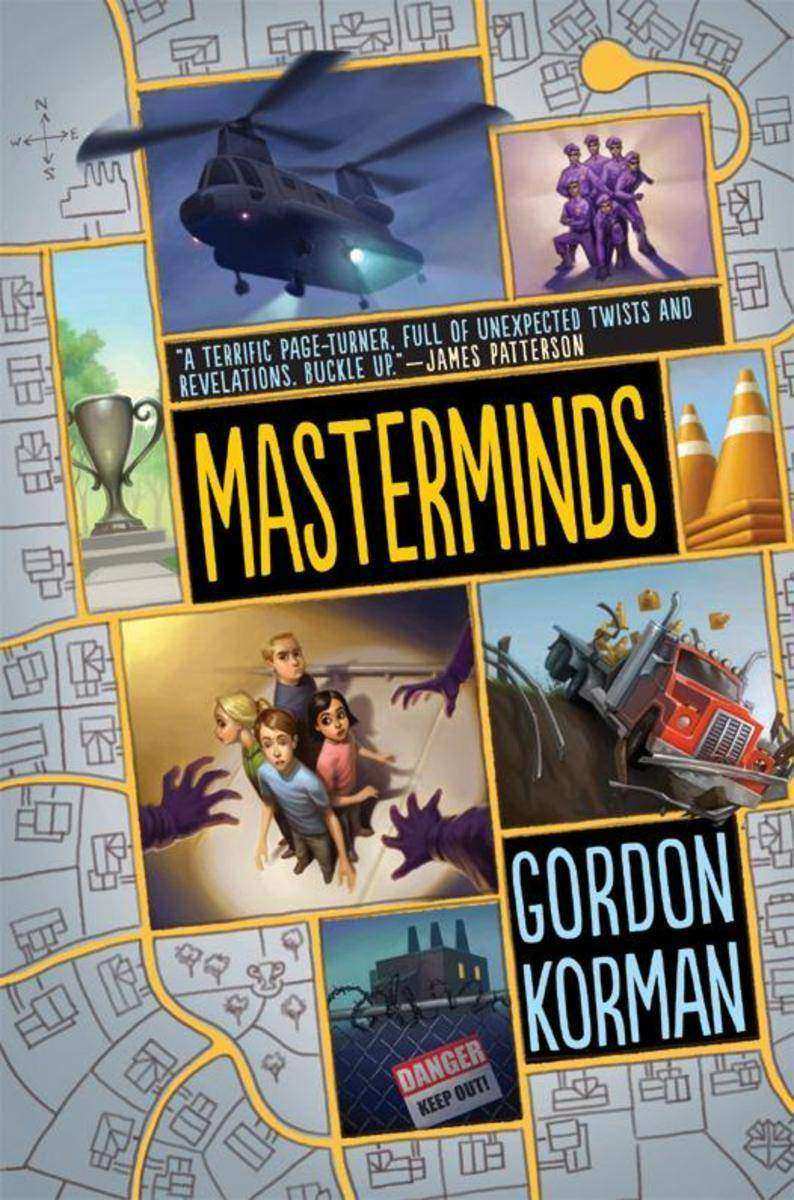
Masterminds
¥44.85
"A terrific page-turner, full of unexpected twists and revelations. Buckle up."—James PattersonThe first book in a new action-packed series from New York Times bestselling author Gordon Korman is perfect for young fans of James Patterson and John Grisham.?Eli Frieden lives in the most perfect town in the world: Serenity, New Mexico. Honesty and integrity are valued above all else. The thirty kids who live there never lie—they know it’s a short leap from that to the awful problems of other, less fortunate places.Eli has never left Serenity . . . why would he ever want toThen one day, he bikes to the edge of the city limits and something so crazy and unexpected happens, it changes everything. Eli convinces his friends to help him investigate further, and soon it becomes clear that nothing is as it seems in Serenity. The clues mount to reveal a shocking discovery, connecting their ideal crime-free community to some of the greatest criminal masterminds ever known. The kids realize they can trust no one—least of all their own parents.

Tease
¥55.33
Provocative, unforgettable, and inspired by real-life incidents, Amanda Maciel's highly acclaimed debut novel Tease is the story of a teenage girl who faces criminal charges for bullying after a classmate commits suicide. With its powerful narrative, unconventional point of view, and strong anti-bullying theme, this coming-of-age story offers smart, insightful, and nuanced views on high school society, toxic friendships, and family relationships.Emma Putnam is dead, and it's all Sara Wharton's fault. At least, that's what everyone seems to think. Sara, along with her best friend and three other classmates, has been criminally charged for the bullying and harassment that led to Emma's shocking suicide. Now Sara is the one who's ostracized, already guilty according to her peers, the community, and the media. In the summer before her senior year, in between meetings with lawyers and a court-recommended therapist, Sara is forced to reflect on the events that brought her to this moment—and ultimately consider her own role in an undeniable tragedy. And she'll have to find a way to move forward, even when it feels like her own life is over.Correlates to the Common Core State Standards in English Language Arts




 购物车
购物车 个人中心
个人中心



